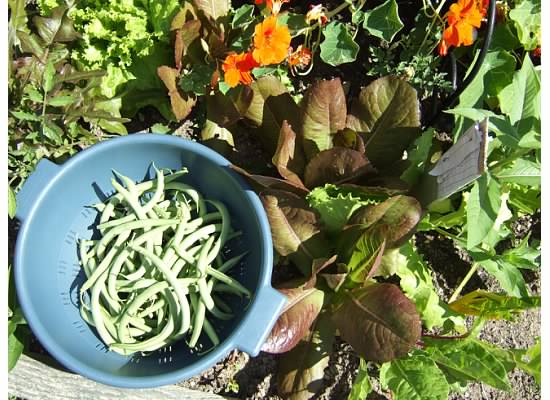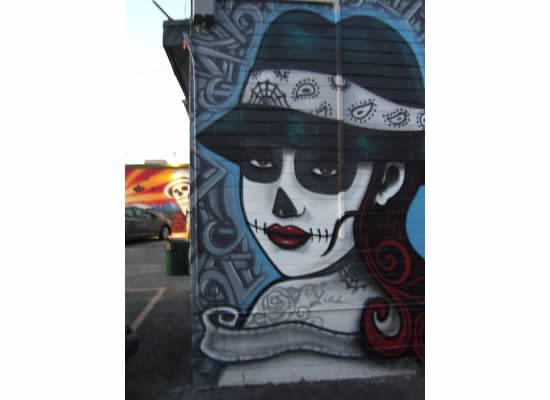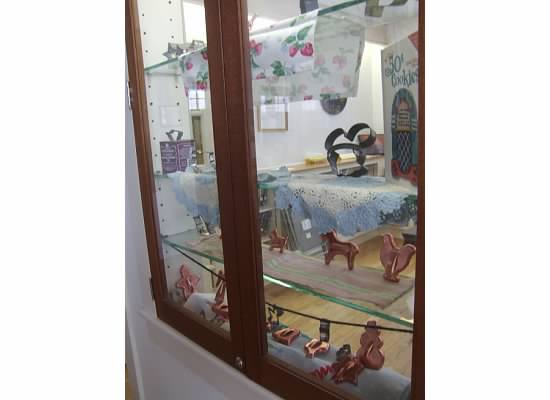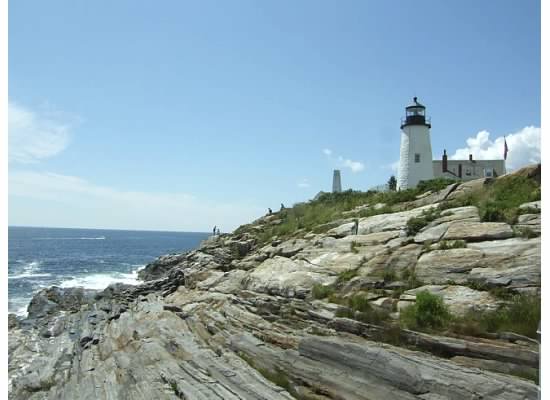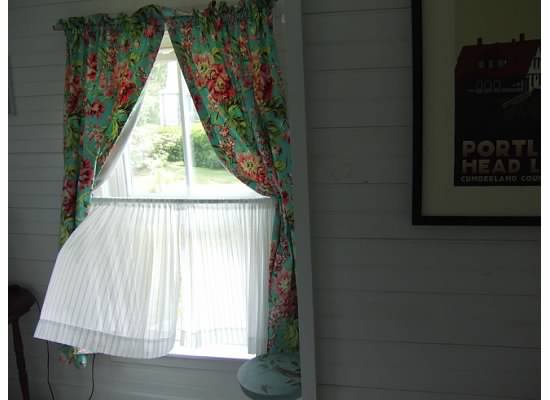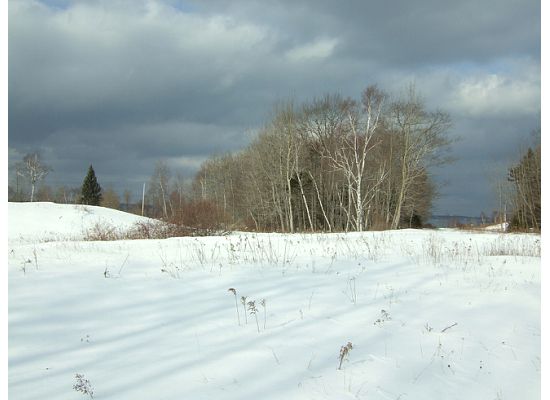 Happy last day of the year! Most people reflect on their year, and while I do too, I also like to review the books I’ve read. It’s hard to decide on my favorites, but here are a few that I particularly enjoyed:
Happy last day of the year! Most people reflect on their year, and while I do too, I also like to review the books I’ve read. It’s hard to decide on my favorites, but here are a few that I particularly enjoyed:
Gone with the wind / by Margaret Mitchell.
Several years ago I picked up a copy of “Scarlett” a sequel written Alexandra Ripley over 50 years after the classic by Margaret Mitchell. Before I could read the sequel, however, I decided that I really needed to read “Gone with the wind.” Given the length I knew I would want to own a copy, instead of renewing it from a library over and over again. I found a copy at a used book shop in Rockland on my birthday, and this fall I plunged in. Despite the length (over 800 pages), it was a really good read, with humor and passion. I always think that one can learn a bit of history from reading fiction, and this is a good case in point, if you want the perspective of the South after losing the Civil War, and how it affected the people, no matter who you were before the war. In this anniversary year of the Civil War, with all sorts of events going on, this is my kind of Civil War reading.
Good poems / selected and introduced by Garrison Keillor.
I’m not usually a serious poetry reader, but I have enjoyed a variety of poetry books this past year, such as ones I’ve written about in this blog. This is a wonderful anthology of poems – I read one every night. First I read through the poem, then I read the biographical note about the poet, and then re-read the poem. Great stuff.
Pub theology: beer, conversation, and God / by Bryan Berghoef.
Pubs and coffee shops are an excellent place for folks to gather to talk about God and religion in a less intimidating and casual atmosphere. I liked this book so much that I e-mailed the author afterwards and received a very nice note from him. Bryan and his wife, also an author, lead a faith community in Washington D.C.
White dog fell from the sky / by Eleanor Lincoln Morse.
Morse, a Peaks Island author, has written novels that take place in various places such as Poland, Vinalhaven, and now Botswana. The characters, including a white dog, are unforgettable, and the writing mesmerizing.
Daphne du Maurier at home / by Hilary Macaskill.
My friend Jane, in England, is a du Maurier scholar and gave us a wonderful tour of Cornwall’s du Maurier sites several years ago (see earlier blog), and continues to update my Daphne du Maurier library, including this latest addition. Great escapism into Daphne’s world, including gorgeous Fowey, Cornwall.
Language of flowers: a novel / by Vanessa Diffenbaugh.
The setting (San Francisco Bay Area), the characters (including flower sellers and foster care parents), the story (including young love and finding home), and mostly the writing really drew me into this novel.
Celtic prayers from Iona / by J. Philip Newell.
This slim volume contains beautiful prayers and liturgy from the Iona Abbey on the island of Iona in Scotland, a pilgrimage site. I read some of these prayers at night before I go to bed, to put me in a higher plane and erase the cares of the world away.
People of the book : a novel / by Geraldine Brooks.
Geraldine Brooks is turning into one of my favorite authors. I loved Caleb’s Crossing, and this is another lyrical book, written about a Haggadah throughout the ages, up to modern day Australian conservator, Hanna’s voice, as she restores this mysterious codex.
The dog who wouldn’t be / by Farley Mowat.
Farley Mowat is one of our most loved authors – we have many of his books. This very funny story is about Farley’s childhood in Canada, and the family’s pet dog, Mutt, the hero of this story.
Help, Thanks, Wow : the three essential prayers / by Anne Lamott.
Another writer I am drawn to, Anne Lamott, writes of religious topics on a human scale. This one is a short and accessible book about the three prayers that help us get through this messy world of ours.
What have been some of your favorite books this past year? We’d love to hear from you! In the meantime, Happy New Year to everyone, especially those fans of the Long Island Community Library!
